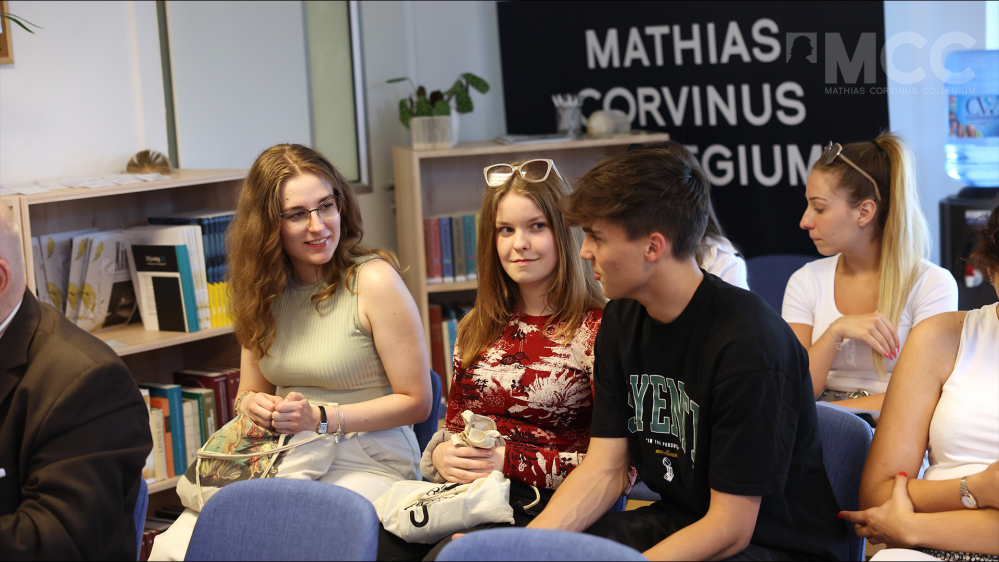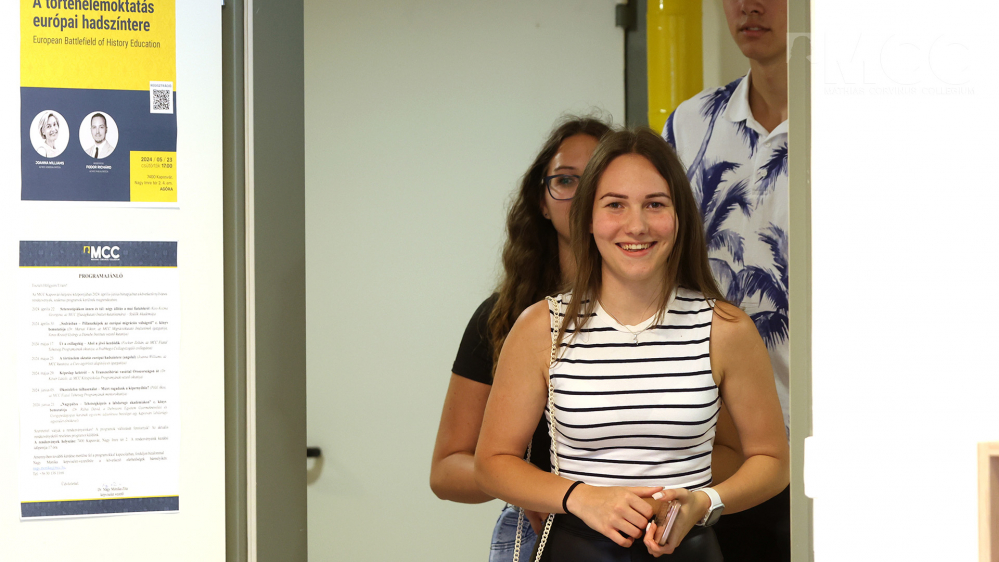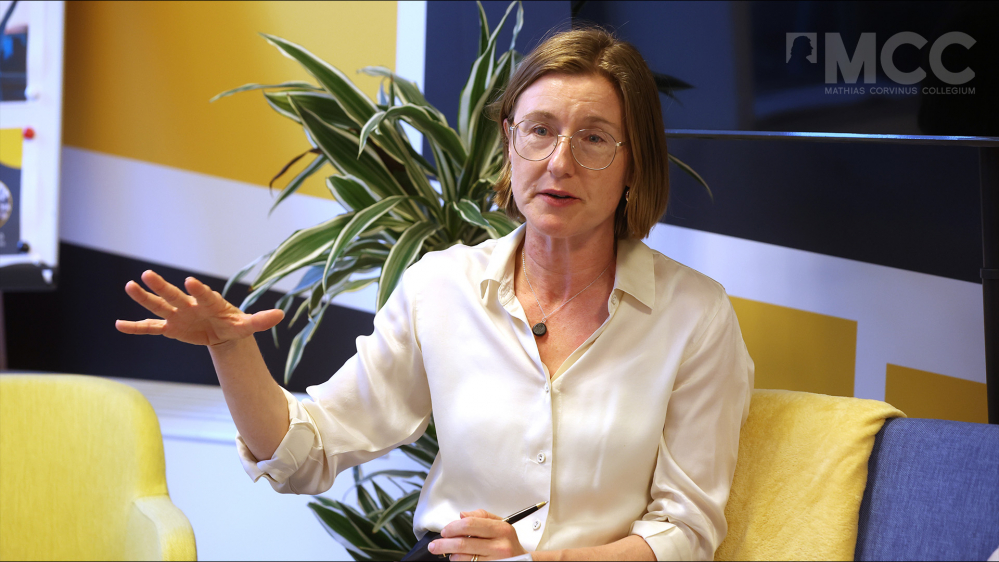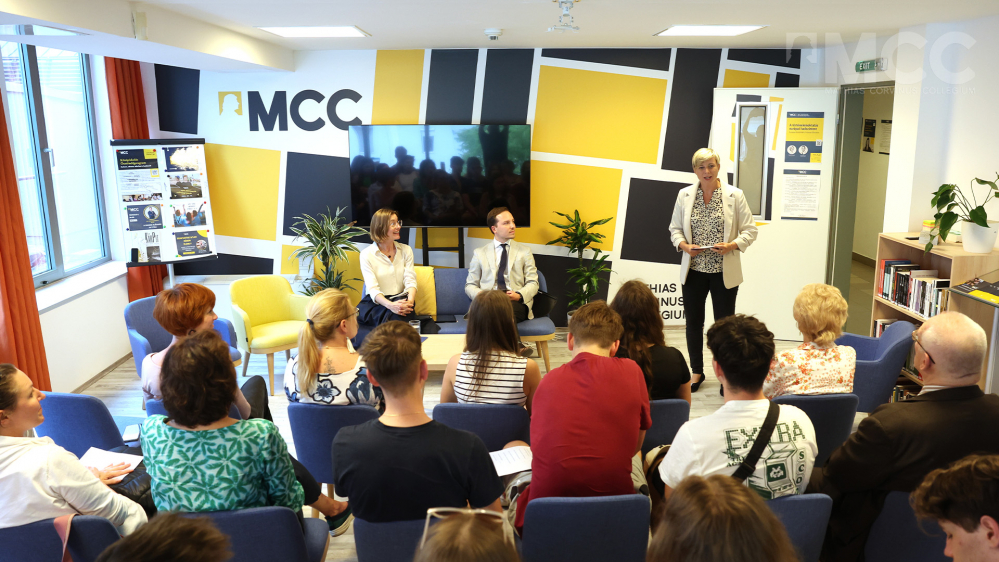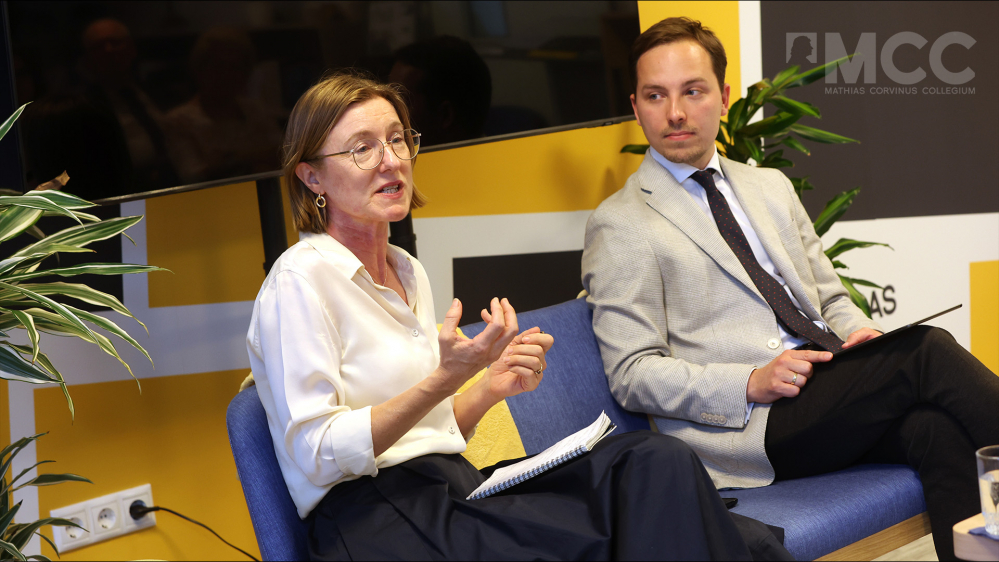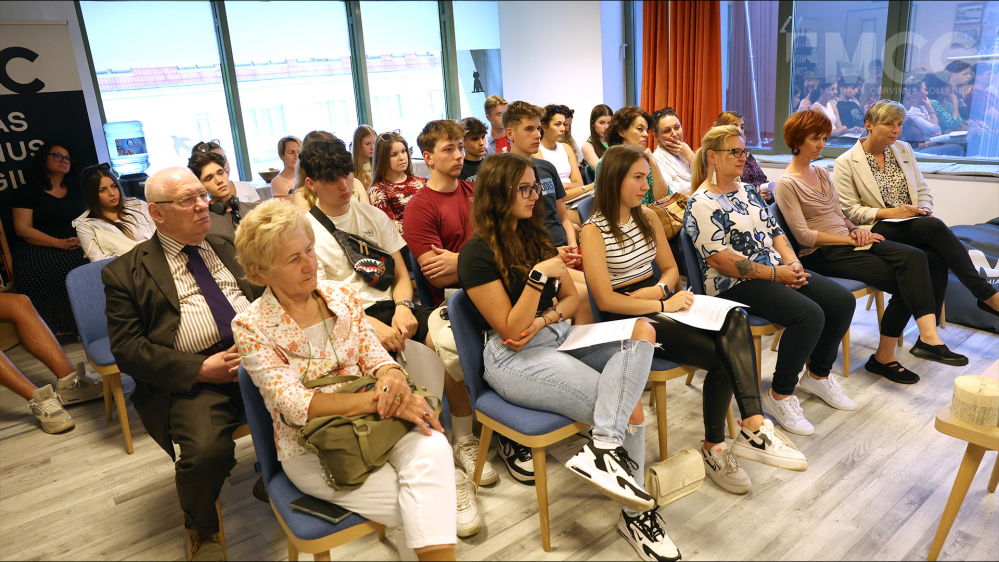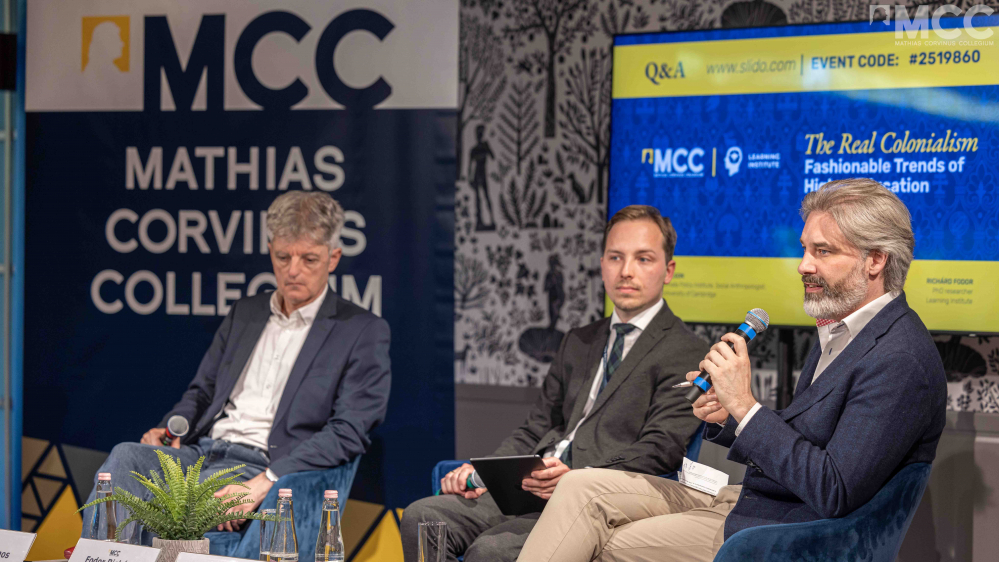From the corridors of secondary schools to the halls of academia, the United Kingdom grapples with questions of curriculum, identity, and inclusivity.
On the 23th in May, Dr. Joanna Williams and Richard Fodor discussed European history education as part of a round table discussion in Kaposvár. Dr Williams, visiting fellow at MCC and director of CIEO UK. Alongside her, Richárd Fodor, researcher of the Learning Institute and teacher of history at Pázmány Péter University.
History education and the taught curriculum have long been part of European and American political debates. Recently, the discourse and the rewriting of history textbooks have intensified. In the West, defining historical personalities and eras are excluded from the curriculum because they do not correspond to the ideological thinking required today. And in English and German schools, they no longer jump between eras chronologically, but often ignoring the connections.
Where does all this lead? How can the rewriting of history change our identity? What can we do about it? We are looking for answers to these and similar questions during the panel discussion.
The Conservative Party's governance, spanning over a decade, marked a period of significant reform in the UK education system. Led by figures like Michael Gove, the emphasis on raising standards and knowledge retention reshaped curricula across various subjects. The reforms aimed to instill rigor and maintain high expectations, fostering a robust educational foundation.
However, the COVID-19 pandemic laid bare the vulnerabilities of these reforms. Prolonged school closures exacerbated existing disparities, widening the gap between affluent and less privileged students. The pandemic underscored the need for resilient and inclusive educational strategies, prompting reflections on the efficacy of past reforms.
Education in the UK became increasingly politicized, with contentious topics like Relationships and Sex Education (RSE) entering the classroom. Citizenship lessons and changes within traditional subjects like history took on political dimensions, inviting activists into educational spaces. The politicization of education added layers of complexity, shaping students' perspectives on contemporary issues.
Surprisingly, education has not taken center stage in political campaigns, despite the sweeping changes implemented over the years. As the UK approached a general election, the silence on education policy hinted at the complexities and challenges facing the sector.
Secondary school history education witnessed a transformation, moving away from chronological narratives to fragmented, topic-based approaches. While the emphasis on historical skills persisted, concerns arose regarding the depth of historical knowledge among students. The curriculum's international focus sometimes overshadowed British history, leaving students with fragmented understandings of their national heritage.
Moreover, the decolonization debate emerged as a significant discourse within history education. Calls to challenge traditional narratives and diversify curricula aimed to address colonial legacies and promote inclusivity. However, navigating the balance between representation and academic rigor remained a challenge, highlighting the complexities of decolonizing education.
The European Union (EU) played a role in shaping historical consciousness across member states. Initiatives like the resolution on European historical consciousness aimed to foster a sense of European identity and reinterpret historical events through a European lens. However, the project sparked debates around political agendas, national sovereignty, and selective interpretations of history.
As the UK grapples with educational reforms, challenges, and debates, the journey through its education system reflects a nation navigating its past, present, and future. From reforms to decolonization, the dynamics of British education reflect broader societal struggles and aspirations, shaping the minds and perspectives of future generations.
As we continue to navigate the complexities of education in the UK, it becomes increasingly evident that the journey is as significant as the destination. In a world marked by change and uncertainty, education remains a beacon of hope, guiding us towards a future built on knowledge, understanding, and inclusivity.


